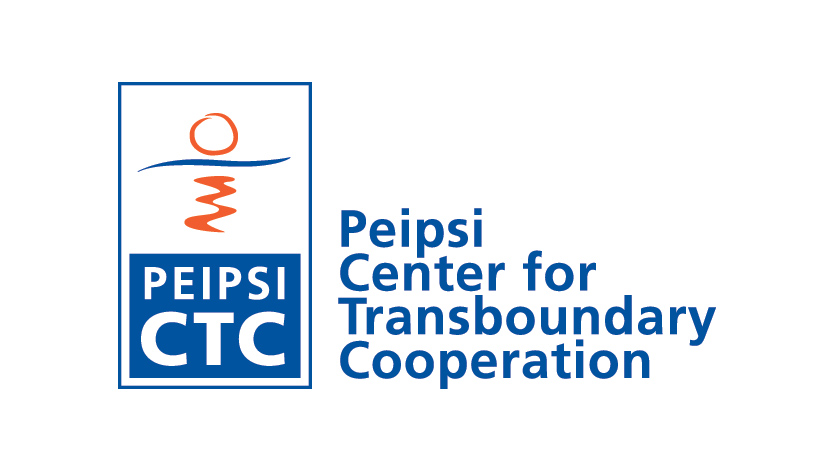The program contained of practical part or breakfast where kids tasted different organic and traditional agricultural products (milk, tomatoes, apple, juice), fair trade and “traditional” chocolate, local organic products, and those that were transported from the other side of the globe. After that, the children analyzed their choices and preferences and also our ecological footprint was examined.
Our expert Eeva explalined that agriculture is a huge emitter of greenhouse gases associated with climate change. We discussed with children how agriculture, food production, food transport and the waste created by consumption all have an impact on climate change (CO2 emission, water usage, usage of pesticides, pollution, deforestation etc.), while changes in climate also affect our food production (droughts, floods, extreme weather conditions influencing crop security etc.).
As consumers of food, we always have a choice regarding its impact on climate - we should keep this in mind when buying and consuming. When considering the effects of our food consumption on climate change, we can take 6 aspects into account: means of production (ecological or traditional), seasonality, packaging, consumption of meat (meat, vegetarian, vegan etc.), processing (raw, processed, on what extent) and distance (coming from far/close).
Read more about the SAME World project

.jpg)